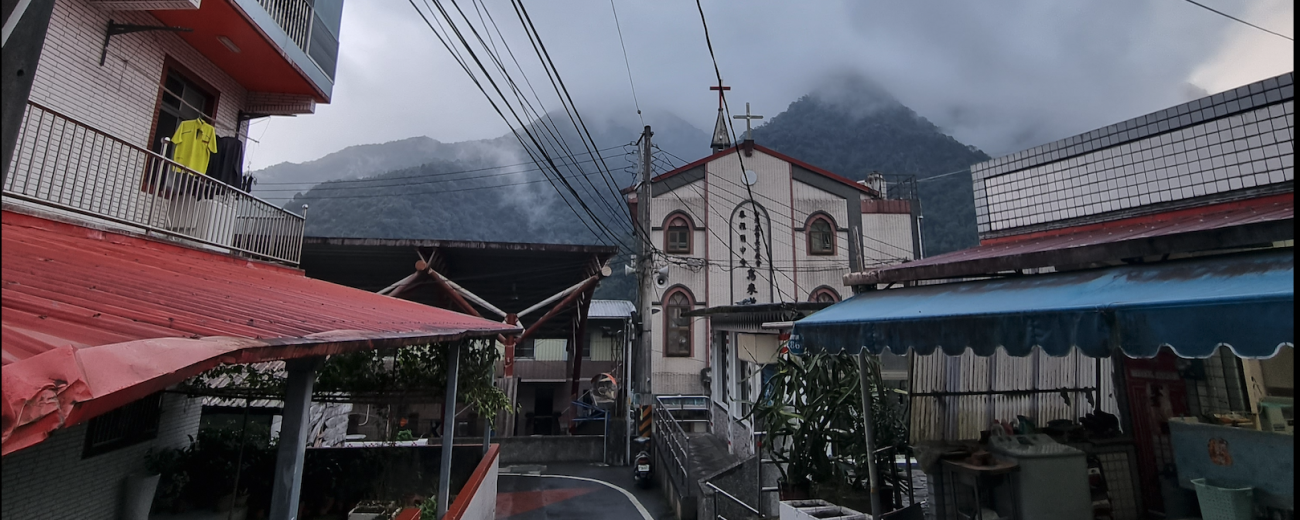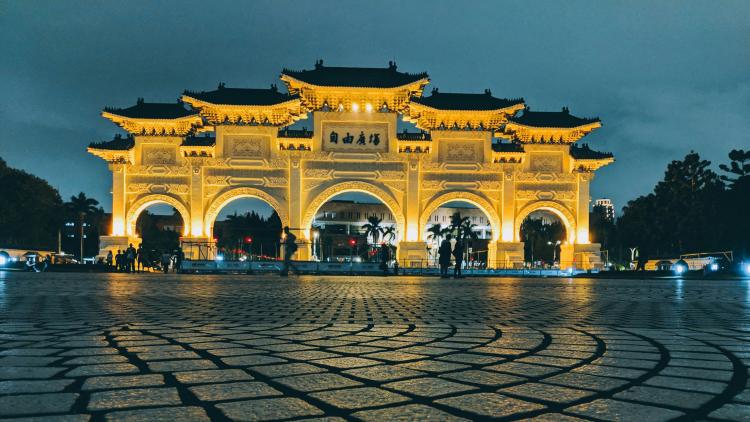
Hmali’, rgrgyax and Gaga: a study of Tayal elders reclaiming their Indigenous identities in Taiwan

Key information
- Date
- Time
-
3:00 pm to 5:00 pm
- Venue
- Brunei Gallery, SOAS, University of London
- Room
- BGLT
About this event
This public lecture is based on a recent article, which examines how older Tayal, an Indigenous people in Taiwan, regain, reclaim and renegotiate their identities by reconnecting to Hmali’ (the Tayal language), rgrgyax (mountains) and Gaga (the Tayal Law).
A critical qualitative design informed by Tayal hermeneutics was used. In total, 14 bbnkis (elders) were interviewed, and the data were thematically analysed. This article aims to contribute to the ongoing revitalization processes in Taiwan. Such revitalization processes often tend to reinforce the quest for authentic Indigenous identities, as if indigeneity could be reduced to a pale reproduction of how things used to be in the old days.
The findings show that indigeneity is not about returning to a fixed past. Instead, it is about writing back against the colonial framework that was imposed on the Indigenous peoples and, in that way, healing from trauma.
Meet the speaker
Dr Wasiq Silan
Dr Wasiq Silan (I-An Gao 高怡安) is a Tayal woman from the region traditionally known as Mstaranan, near the Nanshi river valley in the northern part of Taiwan. She has served as a postdoctoral researcher at the Swedish School of Social Sciences at the University of Helsinki from 2019 to 2022. Silan is an esteemed member of the formal delegation to the United Nations Permanent Forum.
Her scholarly pursuits and expertise are centered on the development of sustainable quality-of-life care systems, the decolonization of state-Indigenous relationships, and the promotion of collaborative and community-based methodologies. Her impressive array of publications includes contributions to journals such as 'Facets', 'AlterNative', 'Dutkansearvvi dieđalaš áigečála', 'Gerontologia', 'Global Qualitative Nursing Research', and the 'Journal of Gerontological Social Work'.


